Advisory Board
The Advisory monitores the RD-INSTITUTE services, projects, and core platform resources and helps to promote philanthropic support and venture investments. Members of the Advisory Board include leading researchers, academics, venture capitalists, and former industry executives related to the RE(ACT) Discovery Institute’s mission. The Advisory Board functions independently of the RD-INSTITUTE Board of Directors and reports to the BLACKSWAN Foundation Council.
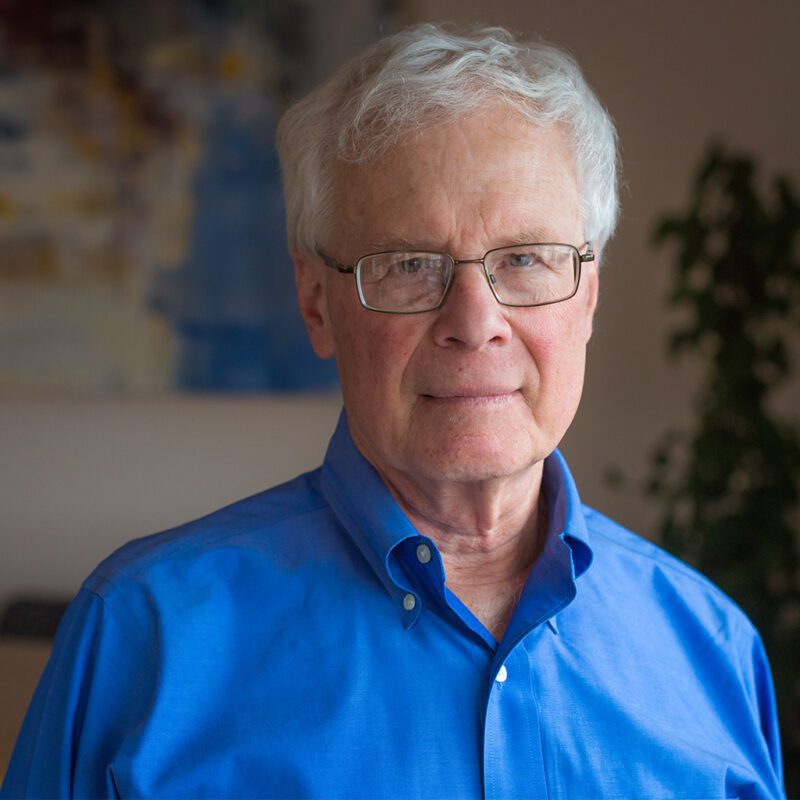
Chairman of the Advisory Board
Prof. Harvey LODISH
Dr. Lodish is a Founding Member of the Whitehead Institute for Biomedical Research and Professor of Biology and Professor of Biological Engineering at the Massachusetts Institute of Technology.
He is a Member of the National Academy of Sciences, a Fellow of the American Association for the Advancement of Science, a Fellow of the American Academy of Arts and Sciences, a Fellow of the American Academy of Microbiology, and an Associate (Foreign) Member of the European Molecular Biology Organization.
Dr. Lodish is a member of the Board of Trustees of Boston Children’s Hospital, where he was Chair of the Board of Trustees Research Committee. From 2008 to 2016 he was the Founding Chair of the Scientific Advisory Board of the Massachusetts Life Sciences Center, the group charged with oversight of the state’s 10- year $1 billion investment in the life sciences. He was a founder and scientific advisory board member of several companies including Genzyme, Inc., Arris Pharmaceuticals, Inc, Millennium Pharmaceuticals, Inc., and Rubius Therapeutics, and has served on the scientific advisory boards of numerous biopharmaceutical companies.
Dr. Lodish is the lead author of the textbook Molecular Cell Biology; the ninth edition was published in April 2021; the book has been translated into 13 languages. During 2004 Dr. Lodish served as President of the American Society for Cell Biology.
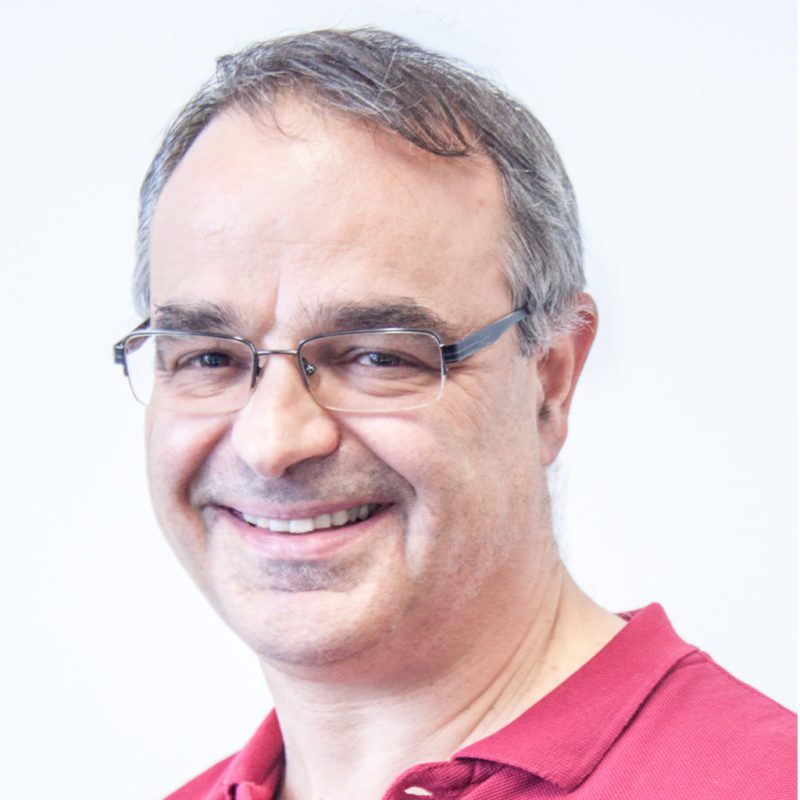
Chairman of the Scientific Advisory Board
Prof. Leonardo SCAPOZZA
Prof. Leonardo Scapozza is a pharmacist by training and received his Ph.D. in pharmaceutical chemistry at the ETH. He spent 3 years as a postdoctoral fellow in Switzerland and in the USA (Texas A&M University) working in the field of pharmaceutical chemistry and structural biology. 1996 he returned at the ETHZ as “Oberassistent“ in Pharmaceutical Chemistry by Prof. Folkers where he became Assistant Professor in February 2001. In October 2004 he was appointed Full Professor of Pharmaceutical Biochemistry/Chemistry at the University of Geneva. His research focuses on understanding Ligand-Macromolecule interactions to develop new therapeutic strategies in the therapeutic area of Cancer, Antibiotics, and Neglected/orphan Diseases. He is the author of more than 120 peer-reviewed papers and 8 patents.
Carlos CAMOZZI
Carlos is an experienced Chief Executive and Corporate Governance in the Biopharmaceuticals and Health Technology with over 30 years C-level expertise/experience in the orphan drugs, gene-therapy, biopharma, and medical devices industry. Trained in corporate governance with extensive exposure to chief executive’s committees and boardrooms.
Expert to address the most relevant strategic business objectives in order to create and manage company’s valuation, fundraising, growth, international expansion, IPO, M&A, business succession planning and set finance standard as corporate quality and success factor.
As CMO, Carlos generated innovative solutions to the design and the execution of non-clinical, translational, and clinical development projects for several orphan drugs, pediatric, and oncology clinical trials. He successfully led several clinical development programs, regulatory interactions, consultations, submissions, and approvals of Orphan Drug Designations (ODD), Paediatric Investigational Plans (PIP), and Marketing Authorisations Applications (MAA) by both the European Medicines Agency (EMA) and the U.S. Food and Drug Administration (FDA). Outstanding regulatory achievements like (among others) the FDA approval of Carbaglu™ in “NAGS deficiency” and EMA approval of the first-ever gene-therapy (Glybera™) in the western world. He played a key role in the engagement of patients’ organizations for the implementation of relevant Early Access Programmes and Market Access in Europe and the USA for orphan drugs and products with high unmet medical needs.
Carlos is co-inventor of innovative pharmaceutical and health-technology alternatives that led to several IPs submissions and approvals.
Carlos advises and supports VCs, private equity investors, and SMEs, protecting investors’ interest through due diligences to verify the alignment of the company’s projects and the proposed corporate finance objectives and responsibilities.
Carlos actively (executive committees) participated in M&As, fundraising, and financial rounds (Series A, B, and C), due diligences (DD), and collaborated with worldwide investors.
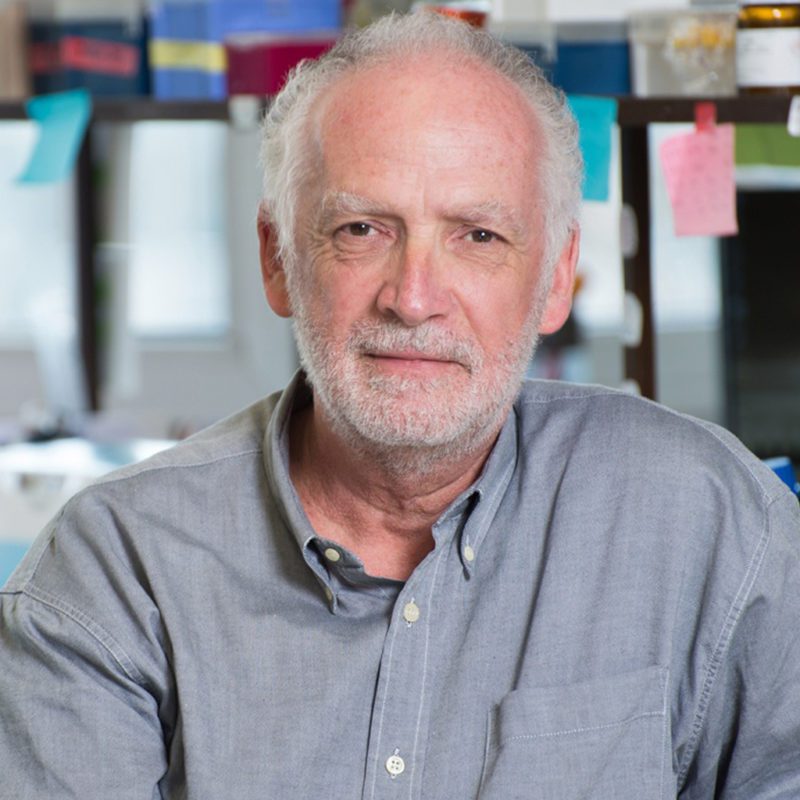
Prof. Nicolas FASEL
Nicolas Fasel is a full professor at the Faculty of Biology and Medicine at the University of Lausanne (UNIL). After studying biology at the University of Fribourg (Switzerland) and obtaining a doctoral degree at the Swiss Institute for Experimental Cancer Research (ISREC), he took up a post-doctoral position at UCLA. On his return to Switzerland, he studied post-translational modifications of T cell surface antigens. As an independent researcher of the Dr. Max Cloëtta Research Foundation, he switched to infectious diseases and established his own group investigating host-pathogen interactions and the impact of viral co-infections. From 2003 to 2016, he directed the Department of Biochemistry of the Faculty and from August 2015-August 2021 he was Vice-Dean for Research and Innovation of the Faculty of Biology and Medicine. He is the President of the Emma Muschamp Foundation and of the Foundation de Recherche en Biochimie. He is also a member of the executive committee of the Société académique Vaudoise. In 1991, he deposited the first patent of the UNIL and created the institute’s first spin-off company. Over the years, he participated in the creation of two other companies and deposited several patents. He furthermore acted on several national and international scientific committees and boards.
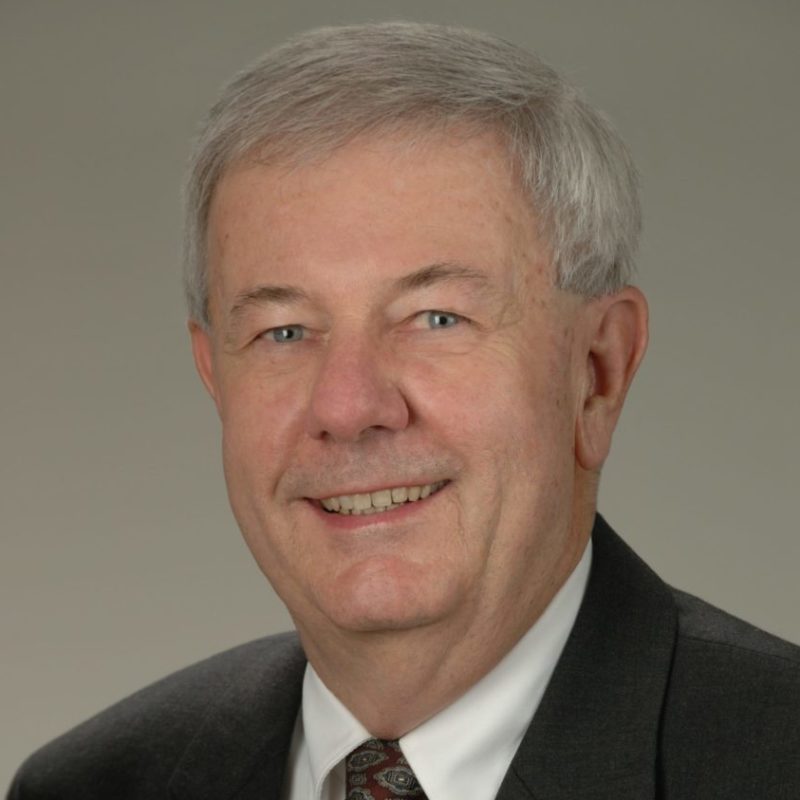
Stephen C. GROFT, Pharm. D.
Stephen C. Groft, Pharm.D., is a Special Volunteer in the Office of Rare Diseases Research, NCATS at NIH. He helped establish the Office of Orphan Products Development at FDA in 1982 and implemented the rare diseases research initiative at NIH in 1989. He served as the Director of the NIH’s Office of Rare Diseases Research (ORDR) from 1993-2014. Activities included the development of the Genetic and Rare Diseases Information Center (GARD), the International Rare Diseases Research Consortium (IRDiRC), the International Conference on Rare Diseases and Orphan Products ( ICORD), the Rare Diseases Clinical Research Network (RDCRN), and assistance with the Undiagnosed Diseases Program and the Undiagnosed Diseases Network International (UDNI).
His major focus has been on stimulating global research with rare diseases and orphan products and developing information for patients, families, health care providers, research investigators, the biopharmaceutical industry, and the public. The emphasis included information about rare diseases, active and completed clinical trials, ongoing research, and the expanding role of patient advocacy groups as research partners. He has authored 85 journal articles, book chapters and the co-editor of 2 books on Rare Diseases Epidemiology.
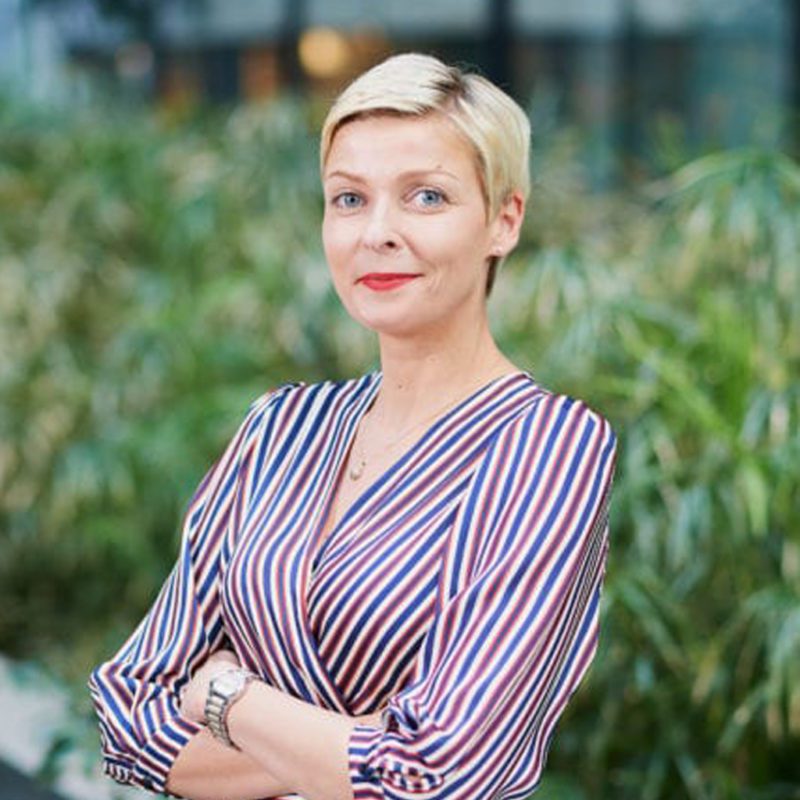
Dr. Daria JULKOWSKA
Daria Julkowska has over 15 years of experience in research and management. She is the Scientific Coordinator of the European Joint Programme on Rare Diseases that brings together different stakeholders (researchers, funders, clinicians & patients) from 35 countries from Europe and beyond. She has been involved in the rare diseases field since 2010, starting from E-Rare, where she occupied the position of the project manager for the first two years to finally (April 2013-December 2018) take over the coordination of the program. As the coordinator, she developed and put into action a set of collaborations facilitating rare diseases research, including partnerships with European Research Infrastructures and Patients’ Organizations. She has extensive knowledge and understanding of European funding schemes and programs. Dr. Julkowska obtained her international Ph.D. in molecular biology at the University of Paris XI, France, and the University of Gdansk, Poland, in 2005. She pursued her scientific vocation through post-doctoral experience in cellular biology at Institut Pasteur, Paris, and extensive communication and European Union counseling training. She also holds MSc in Management of Research from the University of Paris Dauphine. In 2020 she received EURORDIS Back Pearls European Rare Diseases Leadership Award.
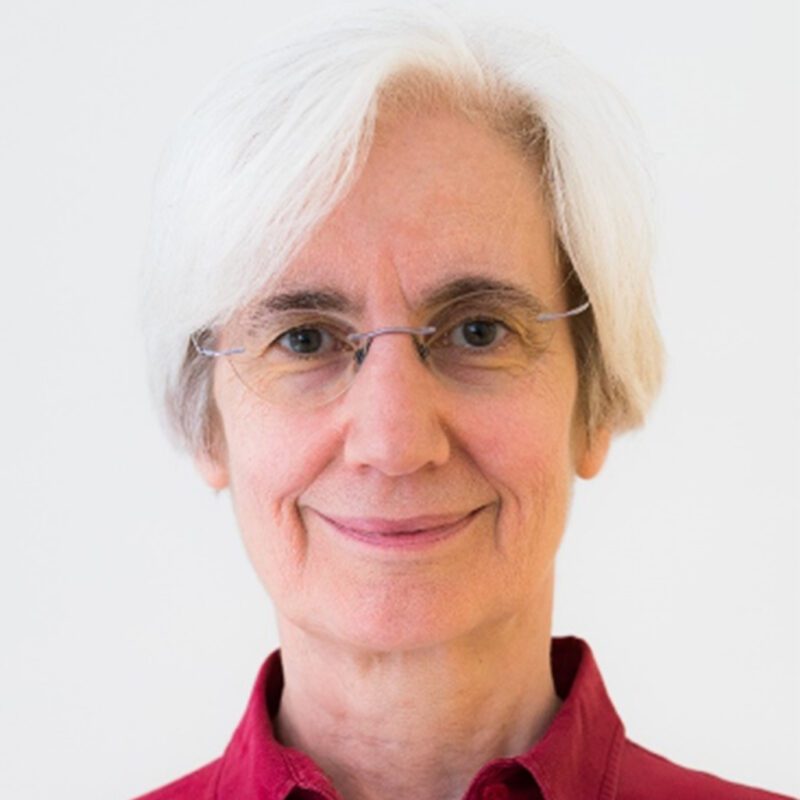
Dr. Lucia MONACO
Lucia Monaco is the Consortium Assembly Chair of the (IRDiRC), where she represents Fondazione Telethon, the Italian charity committed to rare genetic diseases research. She has been the head of Research Impact and Strategic Analysis and former Chief Scientific Officer of Fondazione Telethon in Milan, Italy. She previously worked as a researcher at the San Raffaele Scientific Institute in Milan and earlier in the Molecular Biology Laboratory of Farmitalia Carlo Erba in Milan, Italy. She graduated in chemistry at the University of Pavia, Italy and received her training in biochemistry at the University of Iowa in Iowa City, USA and in molecular biology at the European Molecular Biology Laboratory in Heidelberg, Germany.
She is/has been member of several international committees and boards, among which: the Policy Board of the European Joint Program on Rare Diseases (EJP RD) and the Horizon 2020 Advisory Group for Societal Challenge 1 – Health, demographic change and well-being.
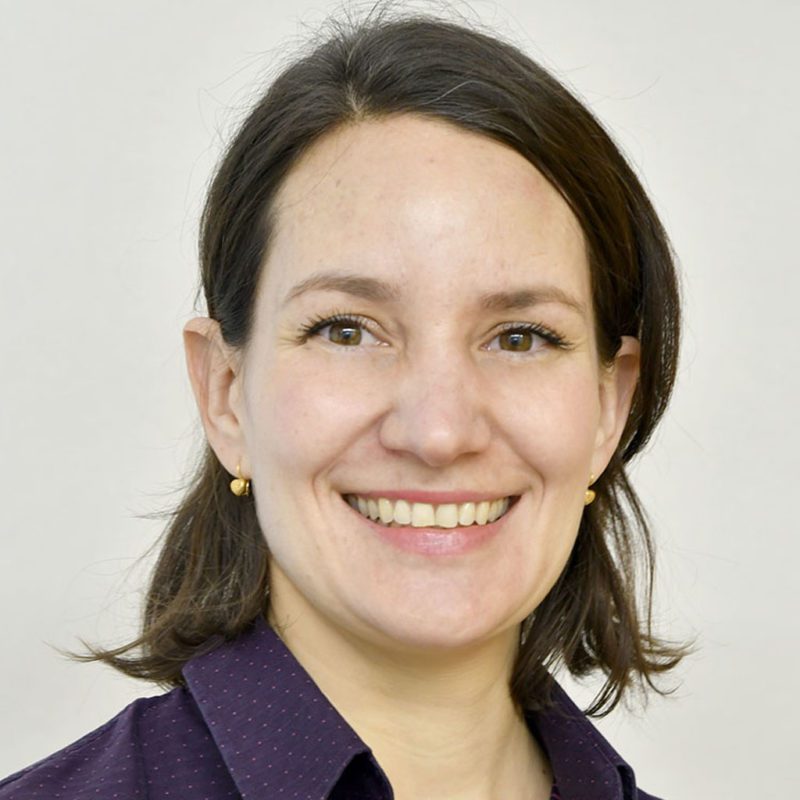
Elisabeth REUS
Elisabeth Reus directs the Clinical Operations Unit at the Swiss Tropical and Public Health Institute. Her responsibilities include managing the unit, studies acquisition, supporting the management and the running of complex clinical trials globally, and financial performance. Elisabeth joined the Institution with over 10 years of experience of operational and managerial experience in planning, executing, and delivering first in man, phase 1 to phase 4 clinical trials in the UK, with a focus on pediatrics. She has a strong track record in facilitating and conducting clinical trials leading to the development of new treatments for rare and neglected diseases in vulnerable populations. Additionally, she has extensive clinical and teaching experience having been a lecturer in the UK, facilitating research teaching and adherence for the NIHR, and setting up patients and public involvement groups for vulnerable populations. Elisabeth is by training a pediatric intensive care nurse having trained in Oxford, UK. She holds a Master of Science from the University of Edinburgh.
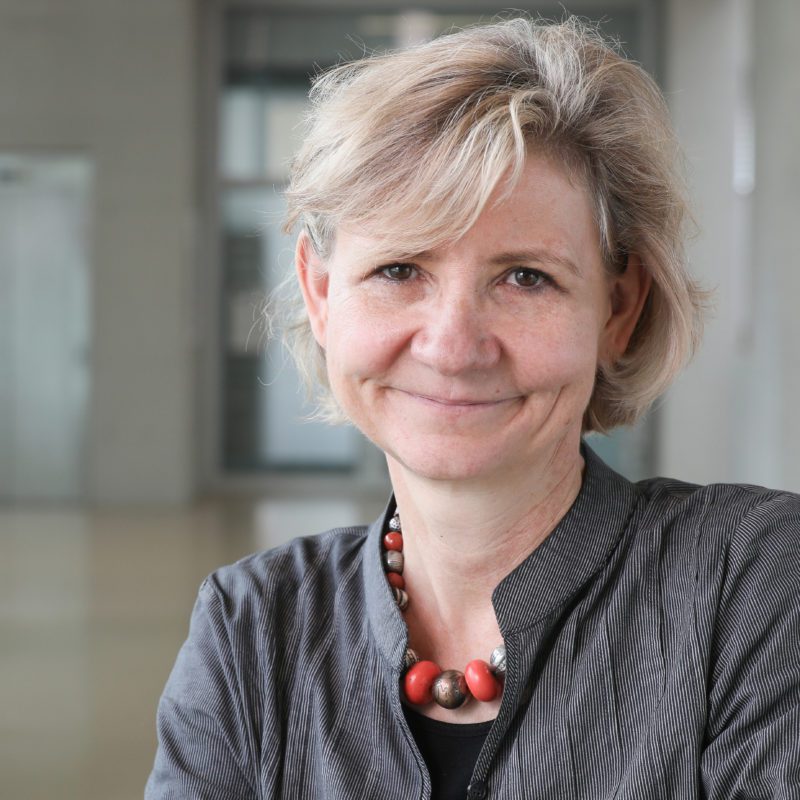
Prof. Gisou VAN DER GOOT
Gisou van der Goot is the Head of the Laboratory of Cell and Membrane Biology, and a founding member of the Global Health Institute (GHI), School of Life Sciences.
She is currently Vice President for Responsible Transformation, in charge of reinforcing values such as inclusion and sustainability throughout the School’s campus. From 2014 to 2020, she was Dean of the School of Life Sciences.
Before joining EPFL, she was Group Leader at the Faculty of Sciences of the University of Geneva (UNIGE) and subsequently Associate Professor at the Faculty of Medicine of the same university.
She obtained an EMBO Young Investigator award in 2001, a Howard Hughes International Scholar award in 2005, and the Swiss Prix Marcel Benoist in 2009, the same year she was elected EMBO member (European Molecular Biology Organisation).
She is a leader in the fields of molecular and cellular understanding of bacterial toxins, the organization of mammalian membranes, and in organelles biology.
Her lab is actively working on understanding the molecular mechanism of two rare human genetic diseases, Hyaline Fibromatosis and GAPO Syndromes, with the aim of finding novel therapeutics to alleviate patient symptoms.
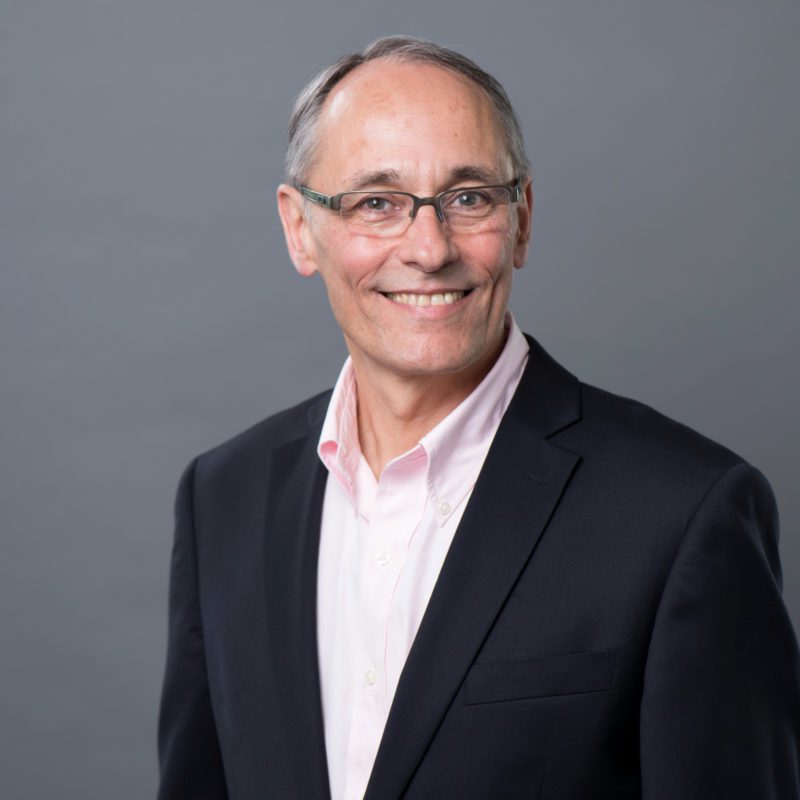
Prof. Winship HERR
Winship Herr is University of Lausanne Professor Emeritus since 2018. He obtained a Bachelor at the University of California at Santa Cruz in 1974 and a Ph.D. in biochemistry and molecular biology at Harvard University in 1982 for studies on murine leukemia viruses with Walter Gilbert. Following postdoctoral studies with Frederick Sanger in Cambridge, UK, and Joe Sambrook at Cold Spring Harbor Laboratory (CSHL) in New York, Prof. Herr joined the CSHL staff in 1984 and remained until 2004 before joining the University of Lausanne. In 1998, Prof. Herr spearheaded the accreditation of CSHL as a Ph.D. degree-granting institution and the establishment of the Watson School of Biological Sciences. He served as the School’s founding dean from 1998–2004.
During his research career, Prof. Herr’s interests focused on how gene expression in human cells regulates cell growth, proliferation, and differentiation, using viruses as probes to elucidate mechanisms of combinatorial action of viral and cellular regulatory proteins. His studies elucidated fundamental mechanisms by which human-gene expression is controlled. In 2008, he was elected member of the European Molecular Biology Organization and in 2009 received the degree of Doctor of Science, honoris causa, Watson School of Biological Sciences, CSHL.
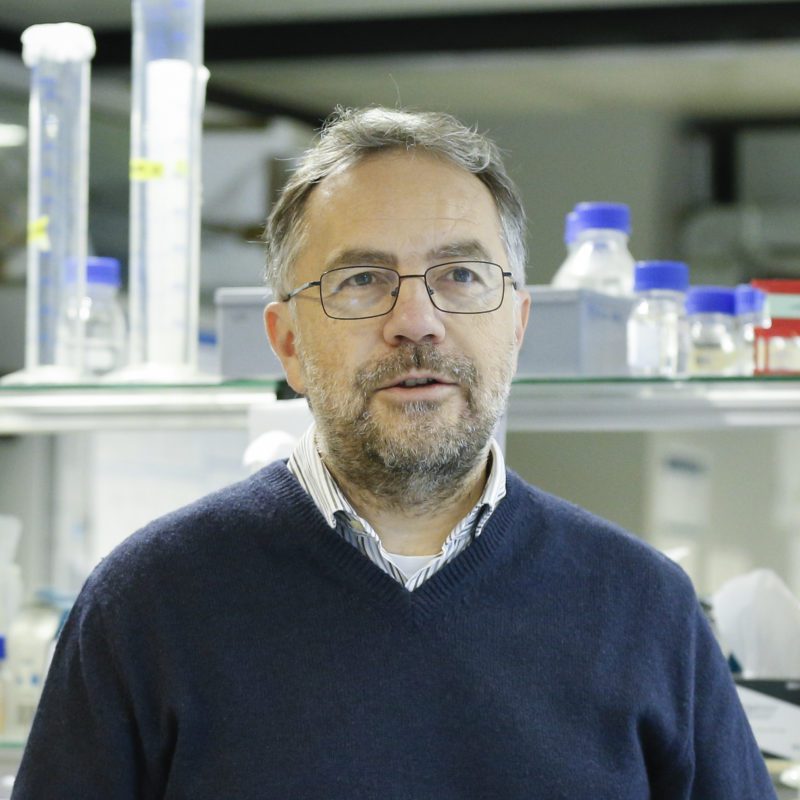
Prof. Maurizio MOLINARI
Maurizio Molinari earned a Ph.D. in Biochemistry at the ETH-Zurich. Since October 2000, he is group leader at the IRB in Bellinzona. The studies performed by Molinari’s group aim at understanding the mechanisms devised by mammalian cells for the production of functional polypeptides and for efficient disposal of folding-defective proteins. The group identified the intracellular timer based on sequential processing of protein-bound oligosaccharides that determines the time allocated to newly synthesized proteins to complete the folding program before the onset of proteasomal or lysosomal degradation. Mutations linked to alpha1-antitrypsin deficiency and to a variety of lysosomal storage disorders, as well as the mechanisms of cell recovery from stresses are the focus of current research in the group. Maurizio Molinari received the Friedrich-Miescher Award 2006. Since 2008, he is Adjunct Professor at the EPFL, in 2012 he has been nominated commissary for chemistry and biology teaching at the High Schools in Cantone Ticino. Since 2017, he gives courses on medicine and scientific research at the Università della Terza Età. He actively participated to the creation of the Rare Diseases Platform recently established in the Italian-speaking part of Switzerland and of the Centro Malattie Rare della Svizzera italiana, where he serves in the Advisory board.

